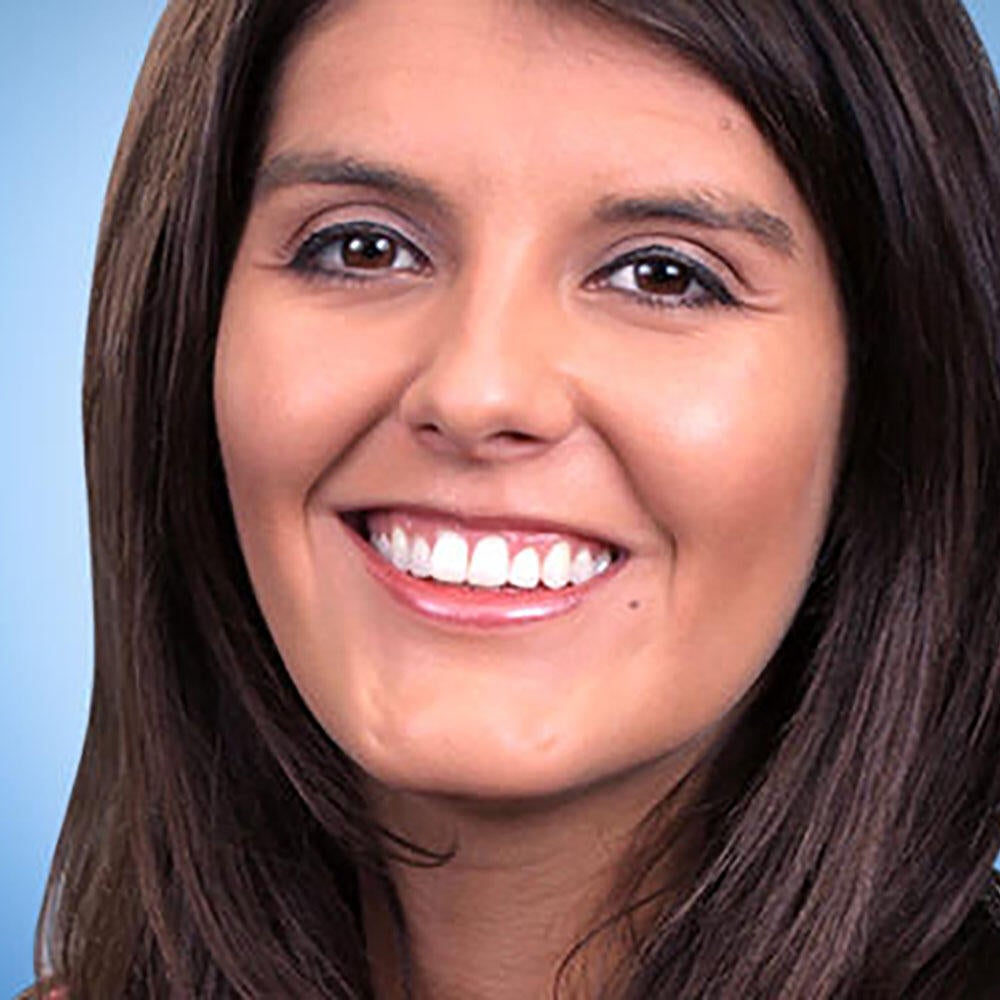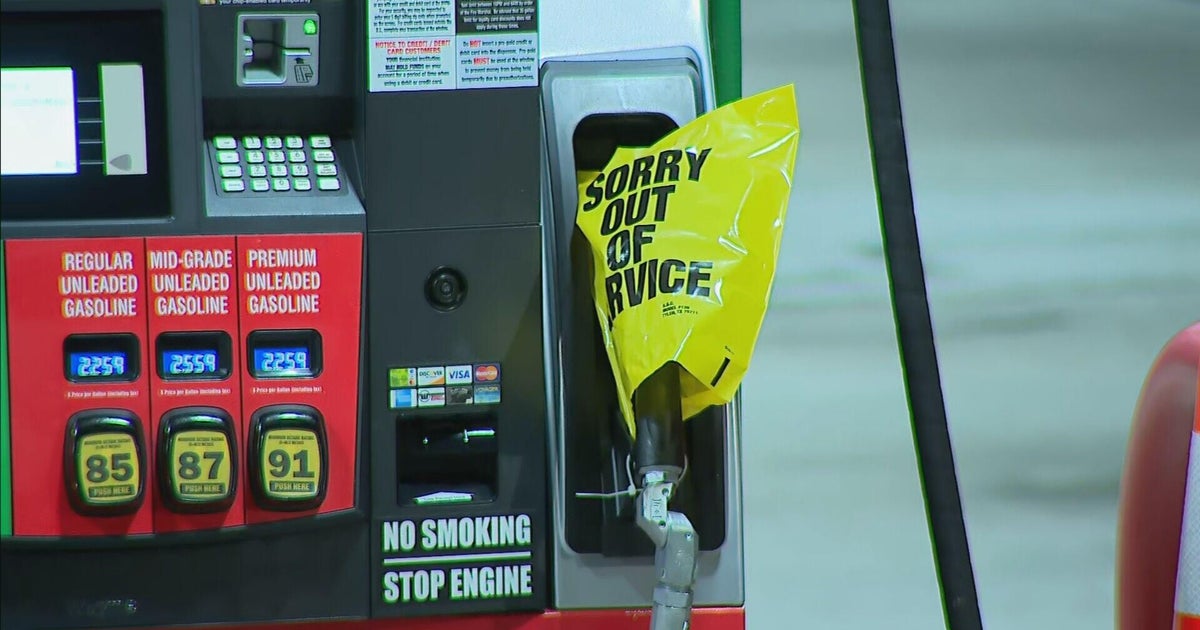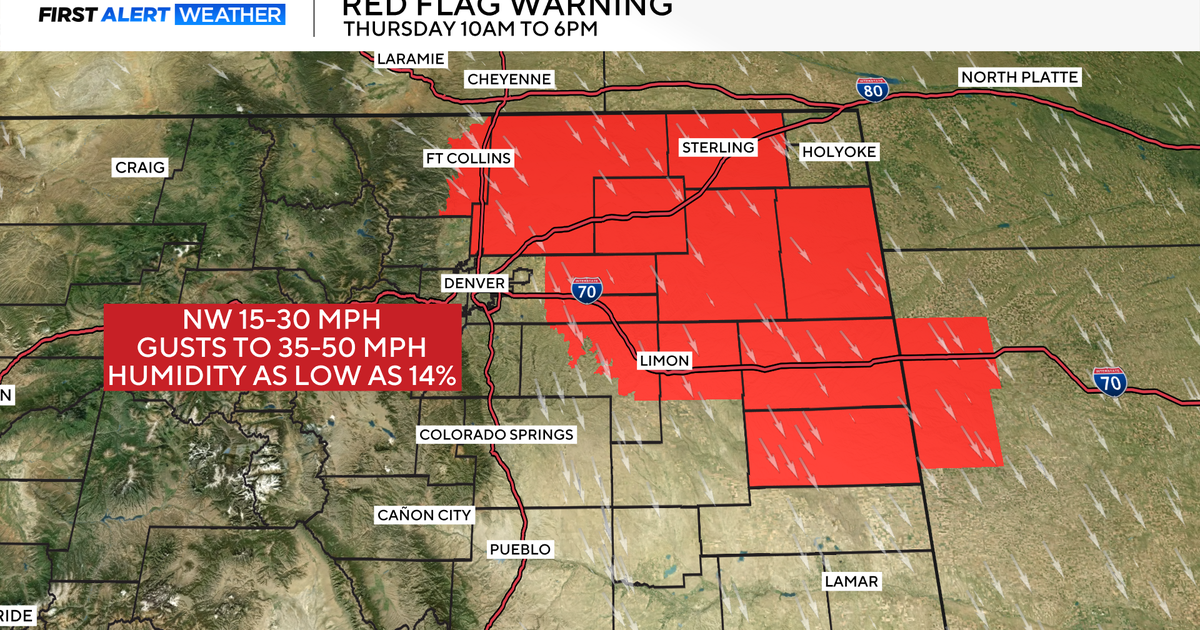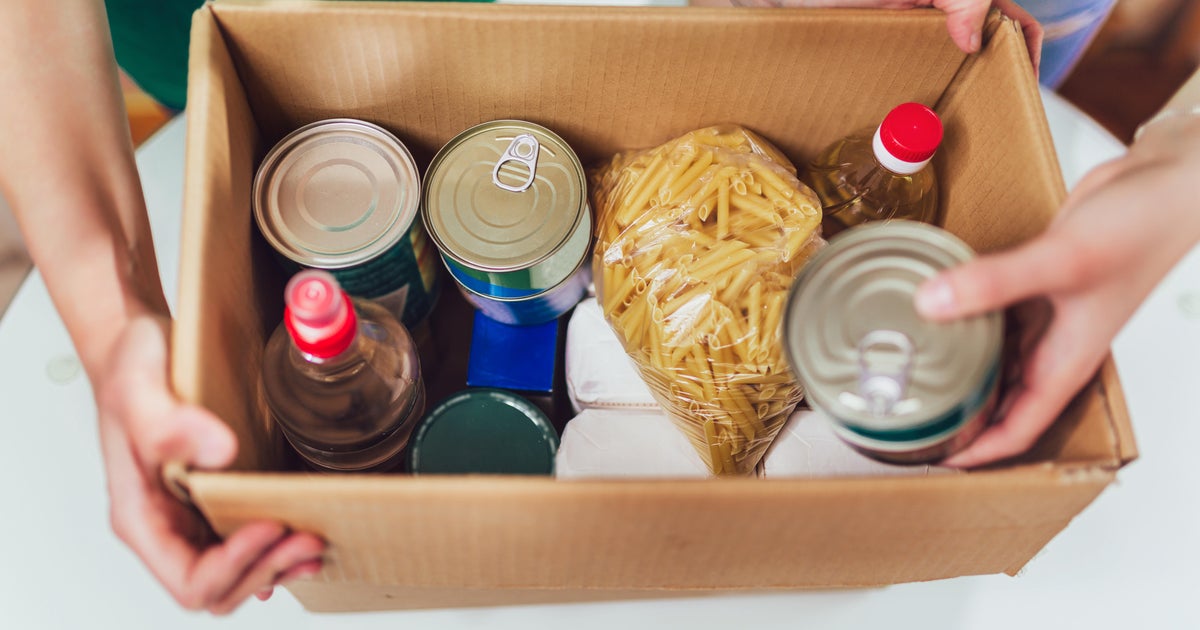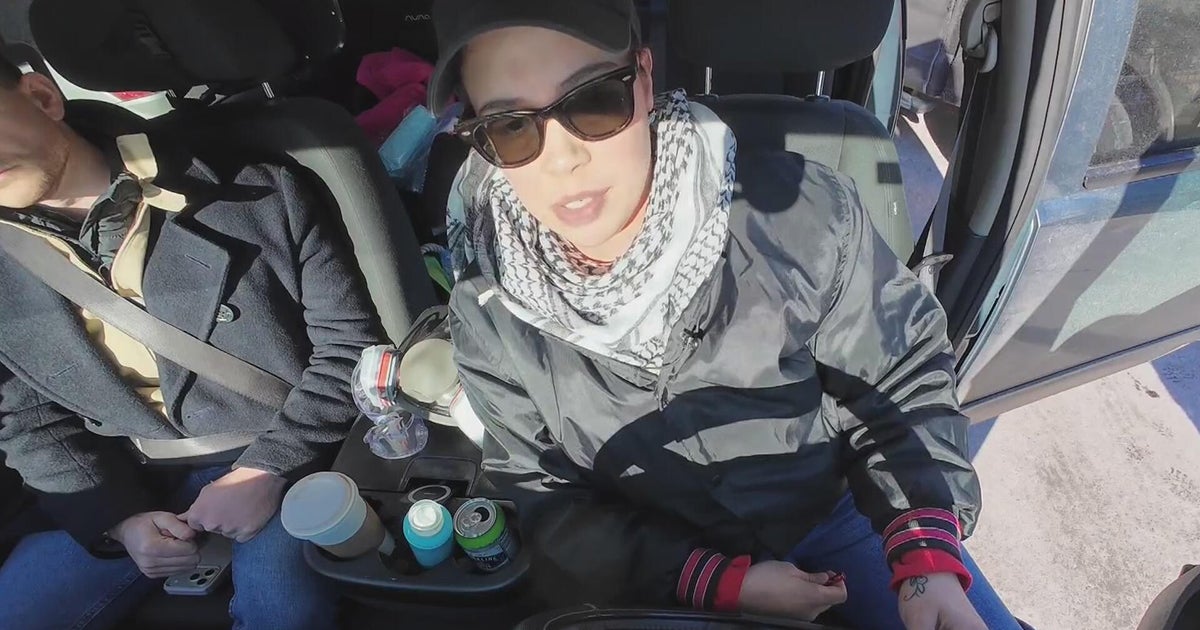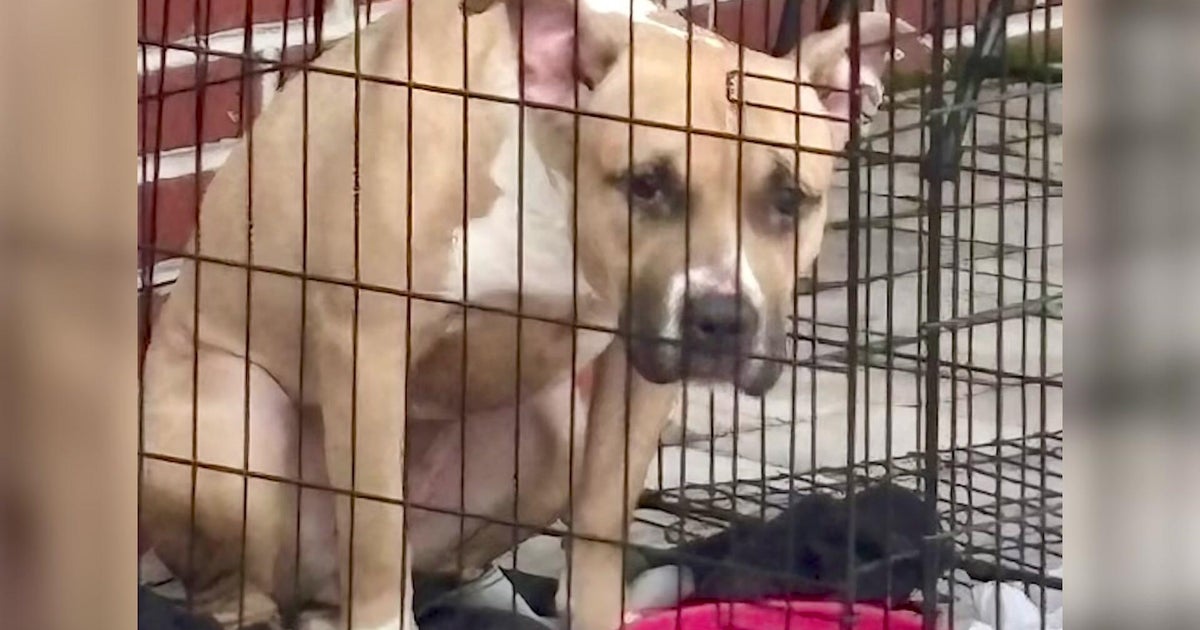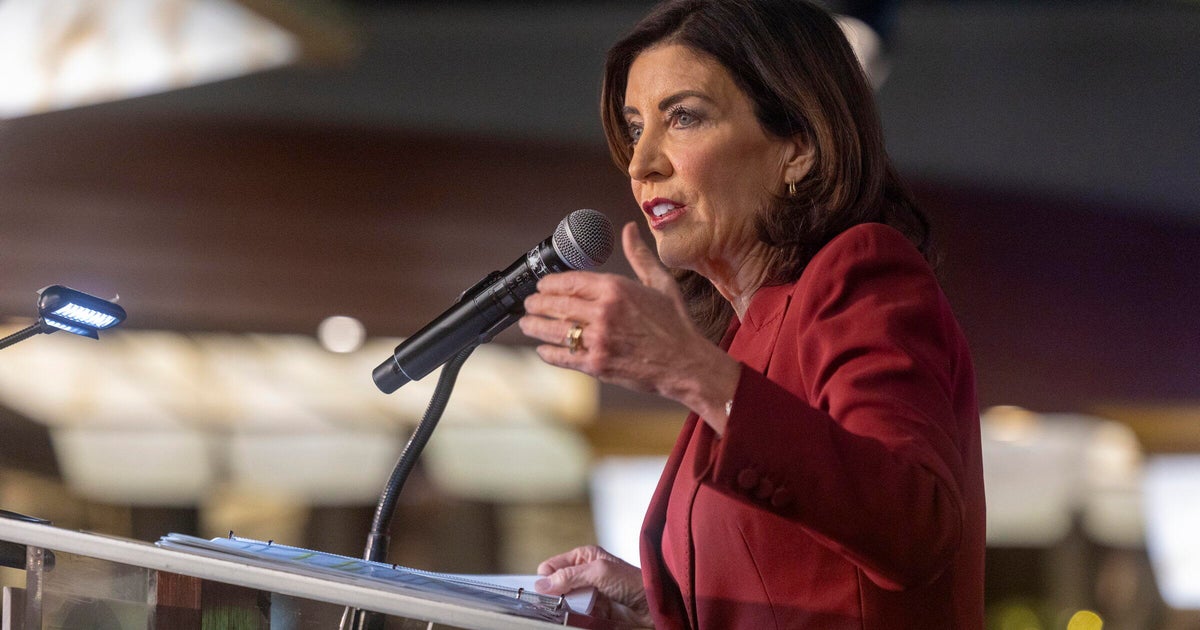DEA holds summit with Colorado families impacted by fentanyl crisis
Families from across Colorado who have been impacted by the fentanyl crisis came together a part of the Drug Enforcement Administration's family summit this week. Members of more than a dozen of them were sitting side by side Thursday sharing their stories of loss.
"We need more people to speak up about this," Andrea Thomas said.
For Thomas, the loss was her daughter Ashley.
Ashley Romero took half of what she thought was Percocet. It was fentanyl. She died in 2018, long before the drug took center stage in Colorado.
"In 2018 I had never even heard of fentanyl. I don't believe my daughter knew of fentanyl. We started screaming it from the rooftops," she said.
Hers was just one of the stories shared with the DEA, health officials, advocacy organizations as well as the U.S Attorney for the State of Colorado.
"I think it's very important that we hear them and we listen to them and we try and understand what they are dealing with," U.S. Attorney Cole Finnegan said.
Everyone who gathered for the summit has a singular goal: trying to tackle a growing and deadly crisis across the state.
"Their dialogue today enables me and my team to do our job better, to do it more holistically, more comprehensively and more emphatically," said Brian Besser, the special agent in charge at the DEA Rocky Mountain Division.
Besser says hearing from the families not only improves their response but offers an opportunity to share insight into their work.
"I don't have a silver bullet answer to all of these problems. I wish I did but I don't. When they see that, they see a certain transparency from law enforcement, but what they also see -- which is what I wanted them to see -- is the human side of us today," Besser said.
Families asked questions about where the drug is coming from and the efforts to stop it, raised concerns around social media regulations, but also wanted more focus on prevention.
Tracey Ritter who lost her son, Evan, asked for a renewed look at treatment.
"Treatment doesn't work for everybody. We have to look at different ways to change the stigma around substance abuse," she said.
Thomas says the opportunity will benefit everyone involved because as families they offer insight no one else can.
"They investigate the drug cases so we can see it from the other side. It makes a picture complete."
